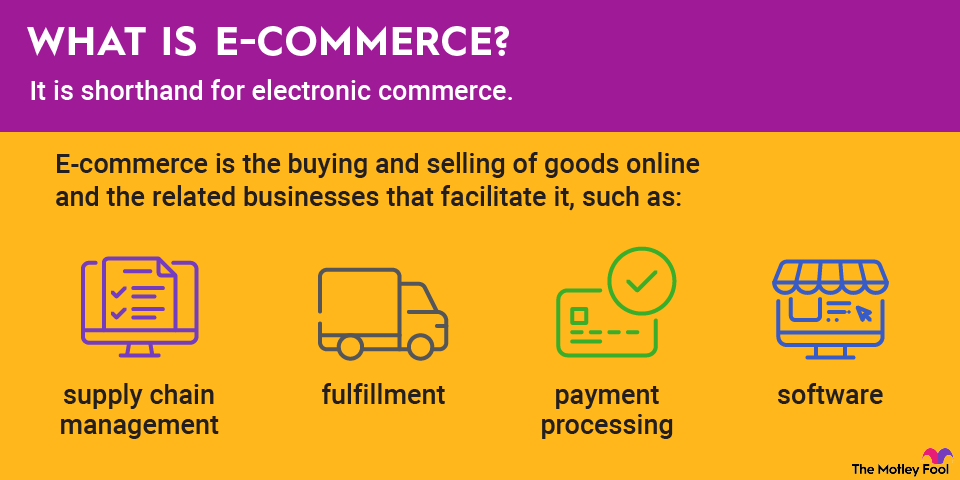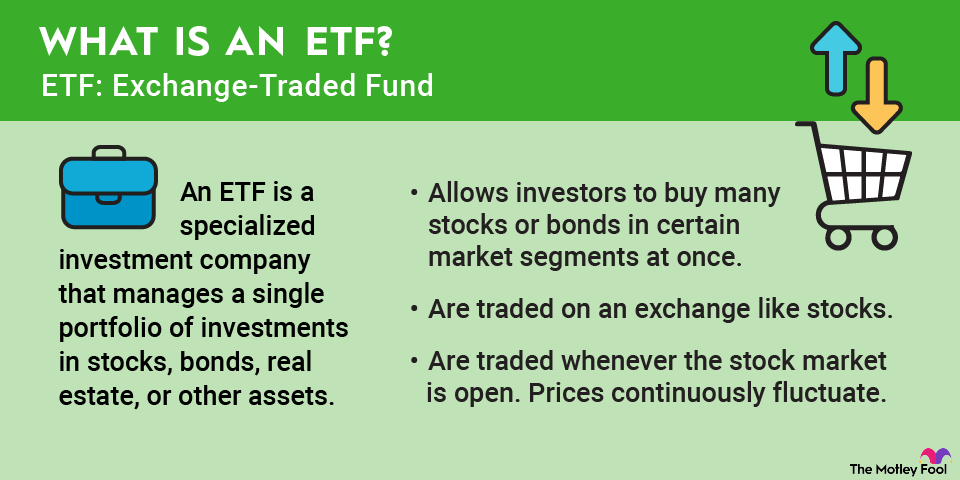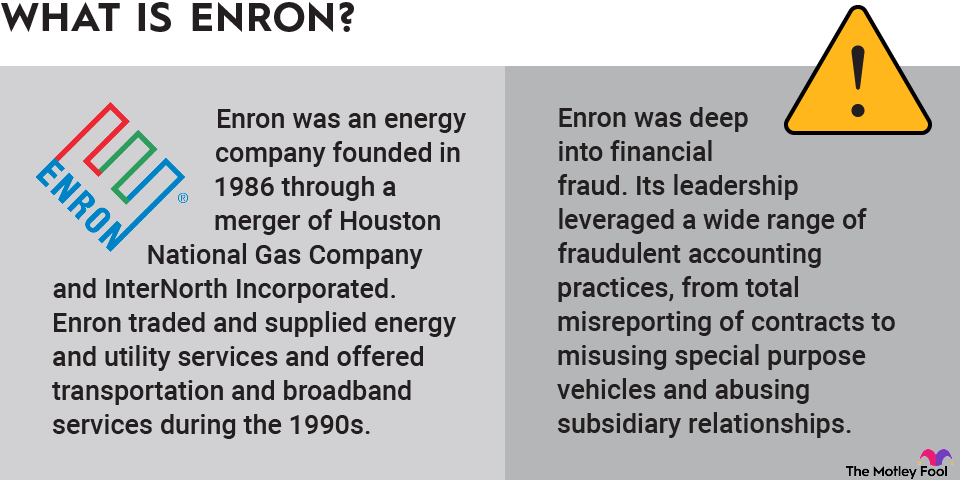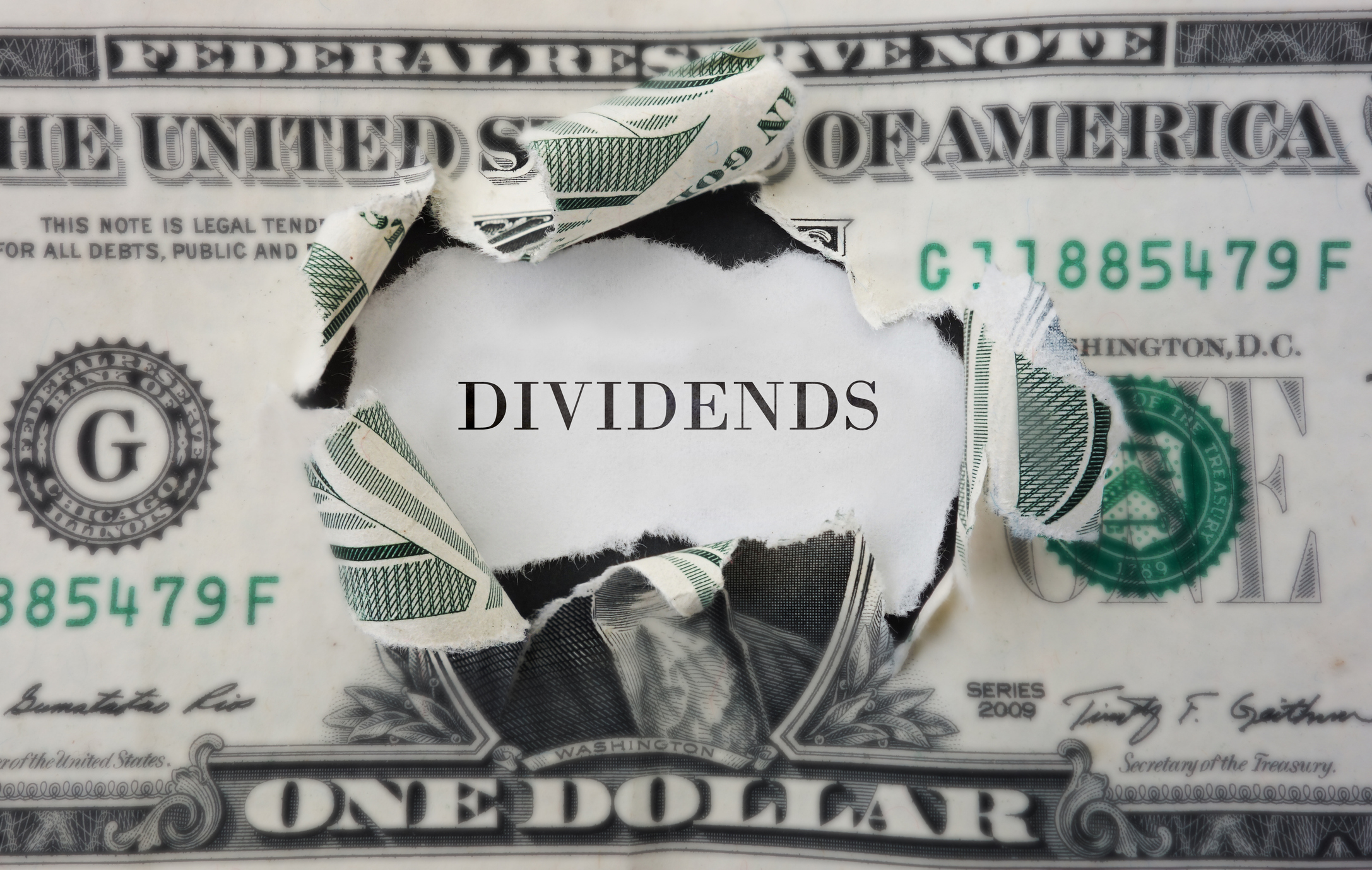In a little more than a generation, e-commerce has become one of the biggest industries in the world, showing the power of the internet and the appeal of convenience, fast delivery, and the ability to shop from the comfort of your home. While you have likely shopped online, you might not know the whole story behind e-commerce or how you can take advantage of online retail platforms to make money for yourself. Keep reading to learn more.

How do you make money in e-commerce?
You don’t have to be Amazon to make money in e-commerce. In fact, one of the things that are appealing about the industry is that even individual sellers can start e-commerce businesses, making online retail more accessible than traditional physical retail.
If you want to sell online, you simply need a product. From there, you can partner with any one of a number of e-commerce platforms, such as Amazon, Etsy, and Shopify, depending on your target audience and how much control you want to have over your e-commerce business.
Amazon Bedrock
Investing in e-commerce
E-commerce isn’t just a good business for online sellers. It’s also been highly lucrative for investors as stocks like Amazon and Shopify have soared over their histories.
More recently, e-commerce stocks have struggled as they faced difficult comparisons with the pandemic boom, and consumer shopping habits have shifted back to stores and services like travel and restaurants. However, the online retail channel should recover since there’s still a lot of market share to be gained from brick-and-mortar retailers.
No one knows when the next bull market will start, but based on their long-term success and discount stock prices, it’s a good bet that e-commerce stocks will outperform when the stock market bounces back.


















